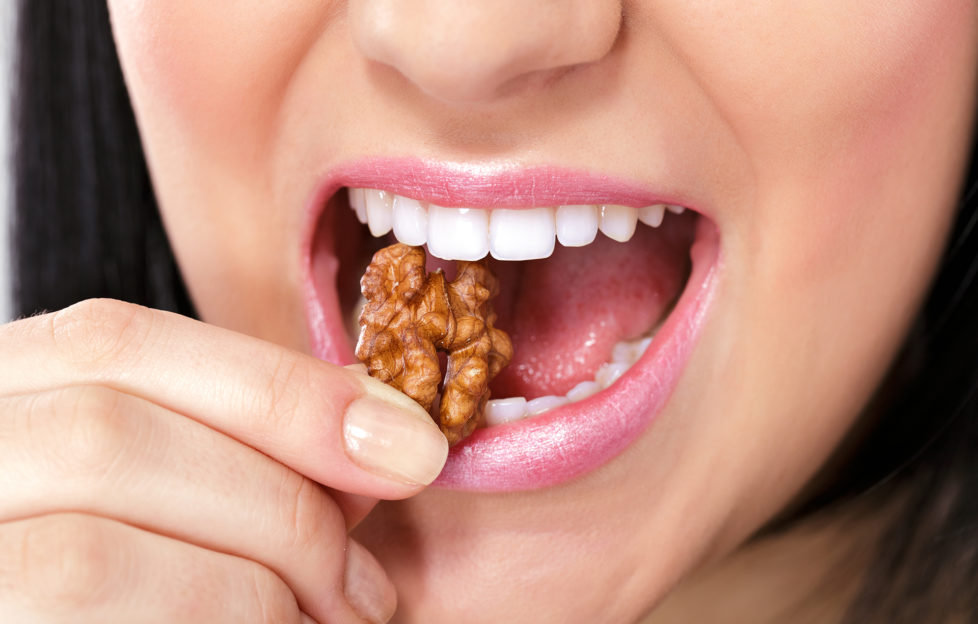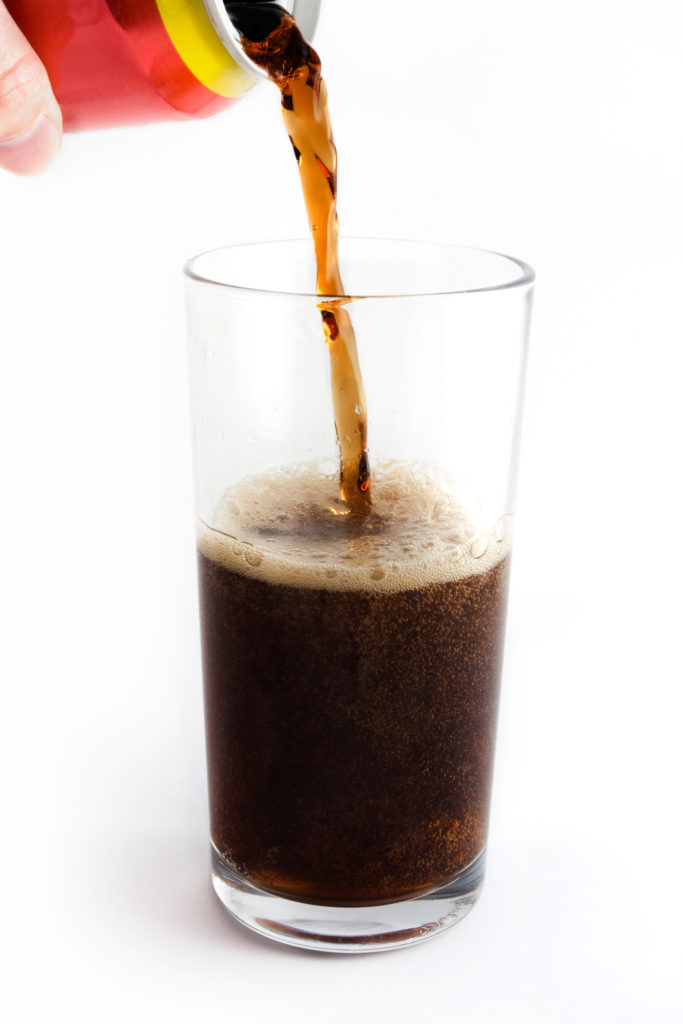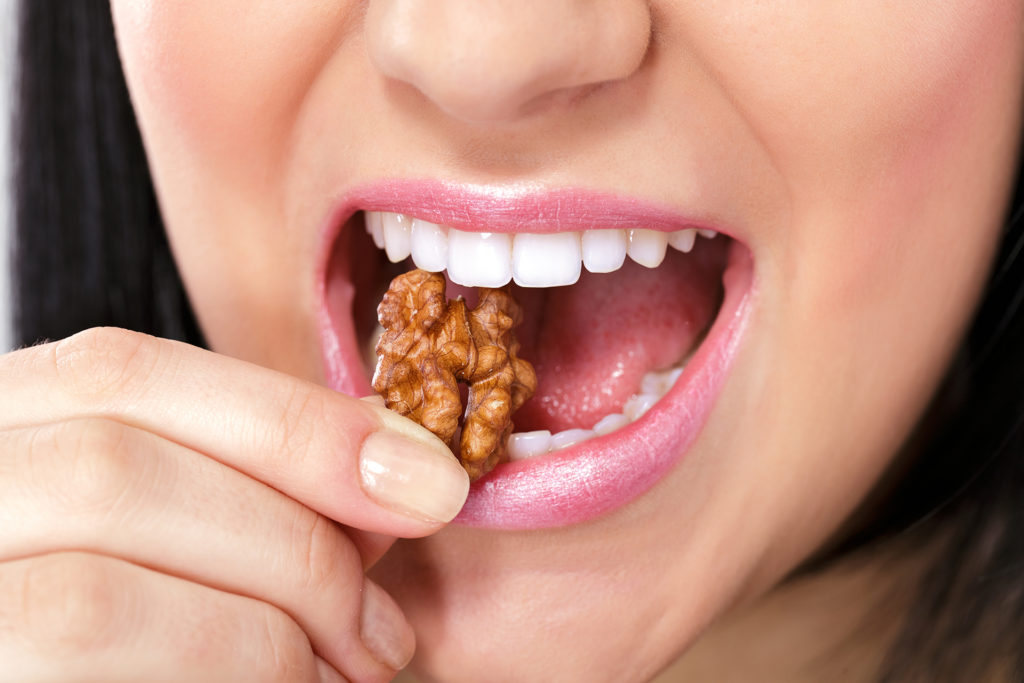5 Dietary Habits That Can Lead To Tooth Problems

The increased accessibility of sugary, sweetened and non-nutritious snacks is an ongoing health concern for dentists. These foods generally have little nutritional value and, over time, can cause serious issues for your teeth overnight.
Holford Partners Curaden is a London-based dental practice whose reputation for high standards and personal attention to detail has seen them voted by The Parliamentary Review 2019 as the Best Practice and Dentistry Sector Leader. Here, they share 5 dietary habits that can lead to tooth problems.
1 Malnutrition
Malnutrition has little to do with how much food you eat, but rather how few nutrients you’re getting. It’s very possible to eat a lot, but get very little out of it in the way of vital nutrients. If your diet lacks certain nutrients, it may be more difficult for tissues in your mouth to resist infection which may contribute to periodontal disease, a major cause of tooth loss in adults.
2 An unbalanced diet
A balanced diet consists of eating foods from each of the five major food groups and a limited number of nutritious snacks. Missing out on important nutrients and filling your mouth with harmful alternatives will negatively affect your oral health, not to mention your overall wellbeing.
3 Sugary foods
Most foods contain some type of sugar, but added sugars (such as those found in sweets and sodas) contain far more than is needed for a healthy diet. Sugar is one of the single biggest contributors to tooth decay!
4 Sticky or chewy foods
Foods that cling to your teeth promote tooth decay. So, when you snack, avoid soft, sweet, sticky foods such as cakes, candy and dried fruits. Instead, choose alternatives such as nuts, raw vegetables, plain yogurt, cheese and sugarless gum or candy.
5 Fermentable carbohydrates
To limit their harmful effects on your teeth, carbohydrates are best eaten as part of a meal instead of by themselves. Combinations of foods neutralise acids in the mouth and inhibit tooth decay.







